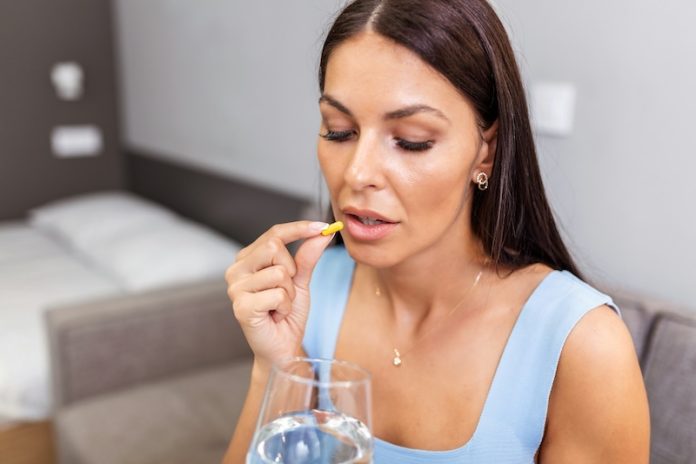
Scientists from Harvard have found that nearly one in five people with high blood pressure may be unknowingly taking medications for other health conditions that make their blood pressure even higher. This can make it harder to control hypertension and increase the risk of serious health problems.
High blood pressure, also known as hypertension, is a condition that can lead to heart attacks, strokes, kidney disease, and vision problems if not properly managed. It damages blood vessels over time, increasing the risk of these complications.
While lifestyle changes like losing weight, cutting back on salt, and taking prescribed blood pressure medications can help, some drugs taken for other conditions may be working against these efforts.
In their study, the Harvard research team used data from the National Health and Nutrition Examination Survey (NHANES) collected between 2009 and 2018.
They examined the use of medications known to raise blood pressure, including antidepressants, prescription-strength non-steroidal anti-inflammatory drugs (NSAIDs), steroids, hormonal medications, decongestants, and weight-loss pills.
The study found that 18.5% of adults with high blood pressure were taking at least one medication that could increase their blood pressure. These individuals were more likely to have uncontrolled hypertension unless they were also on drugs specifically designed to lower blood pressure.
Additionally, people who were already on blood pressure medication often needed higher doses if they were also using other drugs that contributed to rising blood pressure levels.
To better manage hypertension, experts suggest that patients talk to their doctors about how their medications may be affecting their blood pressure. This is especially important for people who see multiple doctors, as their full list of medications may not always be reviewed together.
The study, conducted by Dr. Timothy Anderson and his team, was published in JAMA Internal Medicine. It highlights the importance of understanding how different medications interact and ensuring that prescriptions do not unintentionally worsen high blood pressure.
If you care about high blood pressure, please read studies about unhealthy habits that may increase high blood pressure risk, and drinking green tea could help lower blood pressure.
For more information about high blood pressure, please see recent studies about what to eat or to avoid for high blood pressure, and 12 foods that lower blood pressure.
Copyright © 2025 Knowridge Science Report. All rights reserved.



